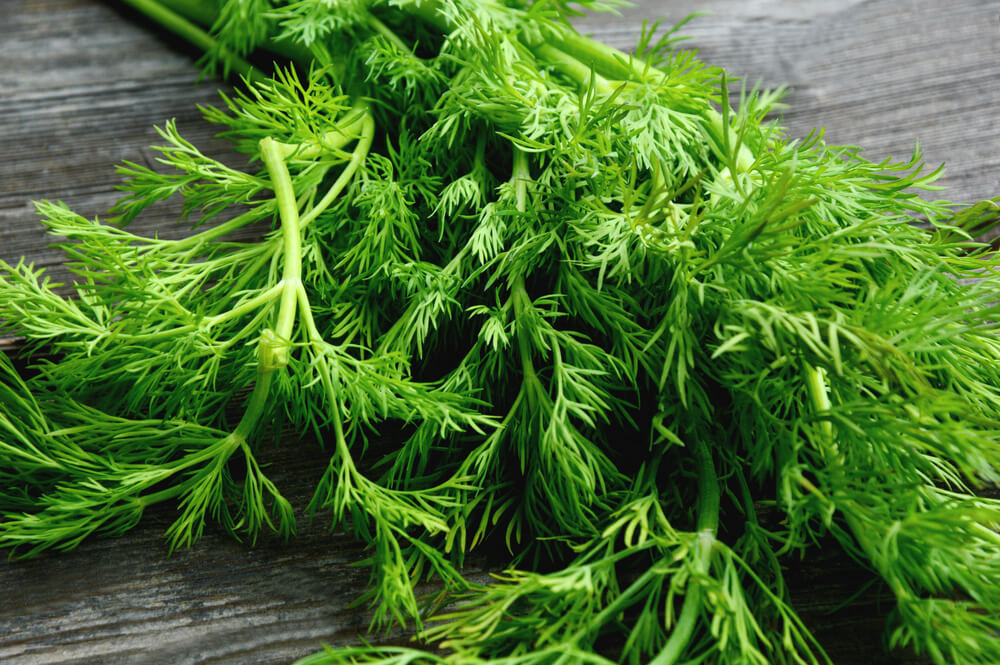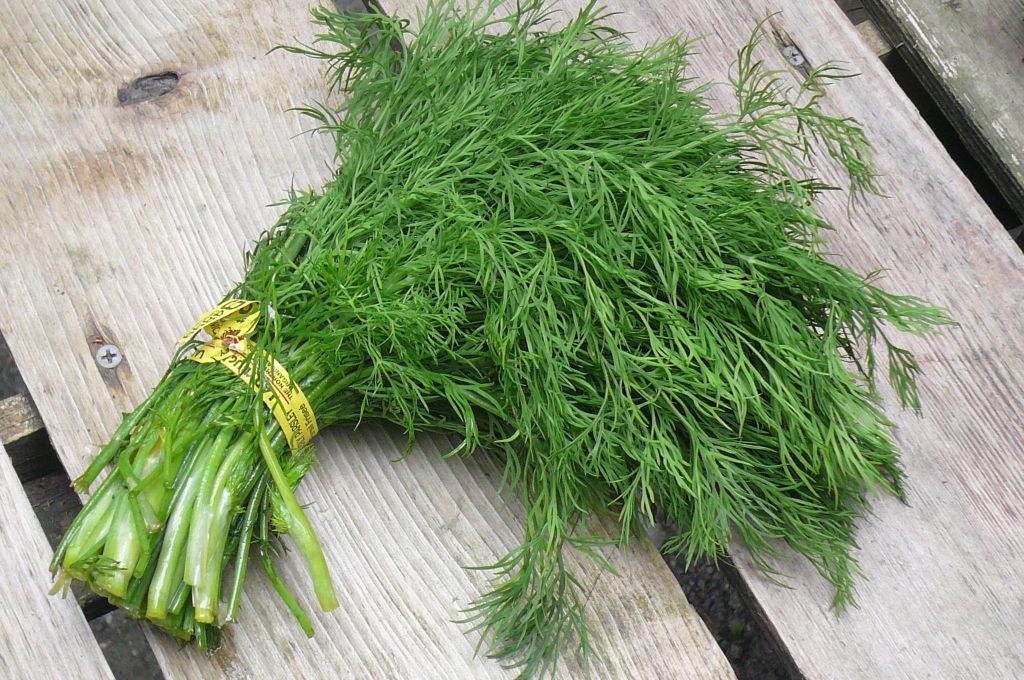Dill (Anethum graveolens) is more than just a flavorful herb used in pickles and salads—it’s a medicinal plant with a rich history in traditional medicine. Known for its digestive, anti-inflammatory, and antimicrobial properties, dill has been used for centuries to treat various ailments.
In this blog post, we’ll explore why dill is considered a medicinal plant, its health benefits, and how you can use it as a natural remedy.
Why Is Dill Called a Medicinal Plant?
Dill has been valued in Ayurveda, Traditional Chinese Medicine (TCM), and European folk medicine for its therapeutic properties. Its seeds, leaves, and essential oil contain bioactive compounds such as:
- Flavonoids (antioxidants that fight free radicals)
- Monoterpenes (like carvone and limonene, which aid digestion)
- Polyphenols (anti-inflammatory and antimicrobial)
- Vitamins A & C (immune support)
- Calcium, iron, and magnesium (essential minerals)
Because of these compounds, dill is used to treat digestive issues, infections, hormonal imbalances, and even insomnia.
Top Health Benefits of Dill
1. Aids Digestion and Relieves Bloating
Dill is a classic carminative herb, meaning it helps reduce gas and bloating. Its essential oils stimulate bile production, easing indigestion.
Herbal Remedy:
- Steep 1 tsp dill seeds in hot water for dill tea to relieve stomach cramps.
- Chew a few seeds after meals to prevent gas.
2. Fights Bacterial and Fungal Infections
Dill has natural antimicrobial properties, effective against bacteria like E. coli and fungi like Candida albicans.
Herbal Remedy:
- Apply dill seed oil (diluted with a carrier oil) to minor skin infections.
- Drink dill tea to support oral health and fight bad breath.
3. May Help Regulate Blood Sugar
Studies suggest dill can lower blood sugar levels, making it beneficial for people with diabetes or insulin resistance.
Herbal Remedy:
- Consume dill seed powder (½ tsp daily) with water or yogurt.
4. Supports Heart Health
Dill’s potassium and flavonoids help regulate blood pressure and reduce LDL (“bad”) cholesterol.
Herbal Remedy:
- Add fresh dill leaves to salads or soups for cardiovascular benefits.
5. Acts as a Natural Diuretic
Dill helps flush out excess fluids and toxins, supporting kidney function and reducing water retention.
Herbal Remedy:
- Drink dill seed tea 1-2 times a day (avoid if you have kidney disease).
6. Promotes Better Sleep
Dill has mild sedative effects, helping with relaxation and insomnia.
Herbal Remedy:
- Sip warm dill milk (boil milk with a pinch of dill seeds) before bed.
7. May Boost Lactation in Nursing Mothers
In Ayurveda, dill seeds are considered a galactagogue, helping increase breast milk production.
Herbal Remedy:
- Nursing mothers can chew roasted dill seeds or drink dill tea in moderation.
Contraindications and Side Effects
While dill is generally safe, some people should use it cautiously:
- Pregnant women (large amounts may stimulate uterine contractions).
- Those on diabetes or blood pressure medications (dill may enhance their effects).
- People with allergies to carrots, celery, or related plants (may cause cross-reactivity).
How to Use Dill as Medicine
1. Dill Tea (Digestion & Relaxation)
- Steep 1 tsp crushed dill seeds in hot water for 10 minutes.
- Strain and drink before meals (for digestion) or before bed (for sleep).
2. Dill Poultice (Pain Relief)
- Crush fresh dill leaves into a paste and apply to sore joints or insect bites.
3. Dill Essential Oil (Antimicrobial)
- Mix 2-3 drops with coconut oil and apply to fungal infections (like athlete’s foot).
4. Dill Water (Colic Relief for Babies)
- Steep ½ tsp dill seeds in hot water, cool, and give 1-2 tsp to infants (consult a pediatrician first).

Dill is a versatile herb with impressive medicinal properties, from aiding digestion to fighting infections. Whether consumed as tea, seeds, or essential oil, it offers a natural way to boost health.
Do you use dill as a remedy?
Share your favorite herbal tips in the comments! 🌿

